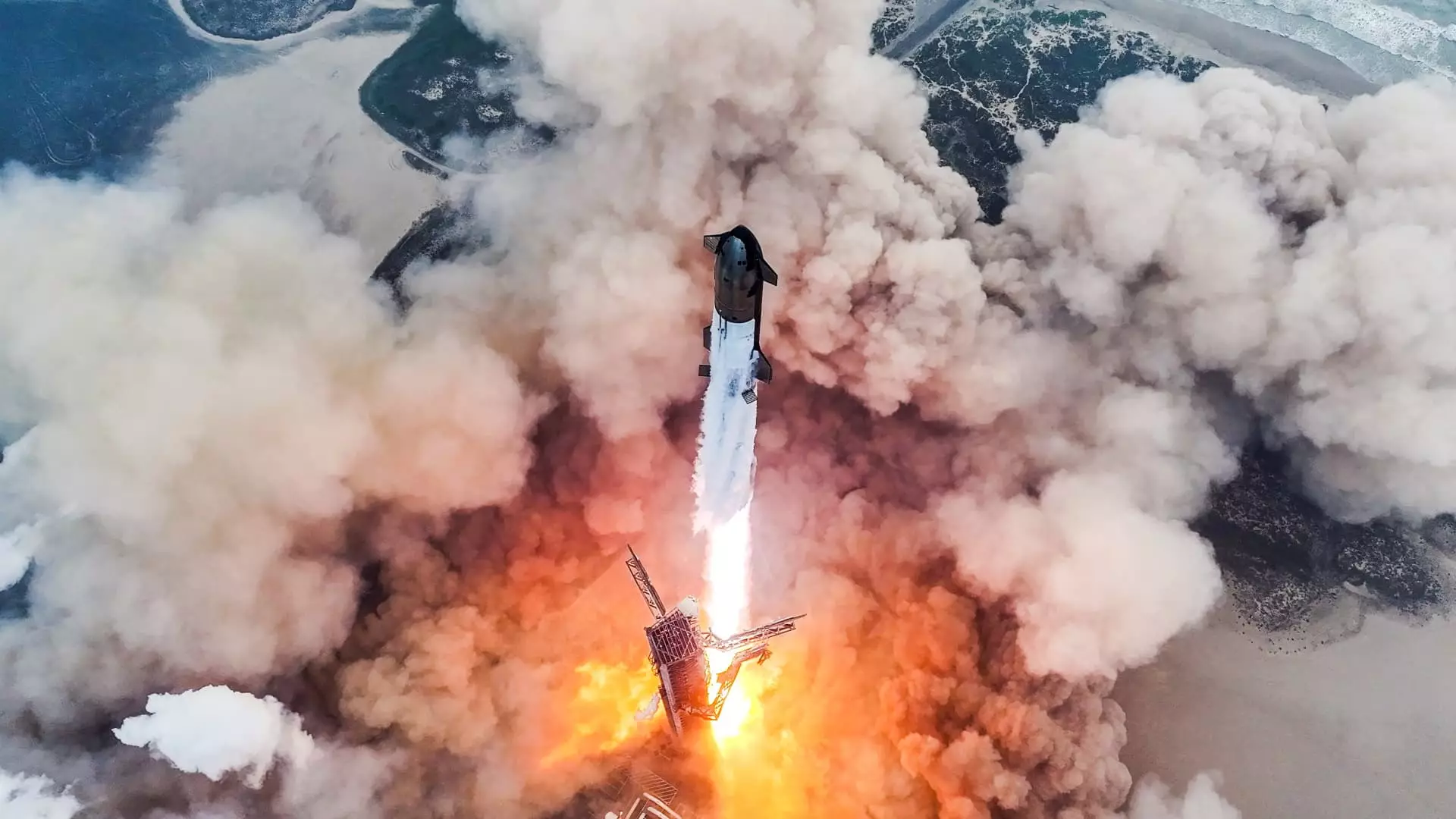Recently, Elon Musk’s SpaceX has come under fire for violating environmental regulations in Texas. The Texas Commission on Environmental Quality (TCEQ) issued a notice of violation to SpaceX for releasing pollutants into or near bodies of water at its Starbase launch facility in Boca Chica. This notice came following similar findings by the Environmental Protection Agency (EPA) Region 6 office. These violations have raised concerns about the company’s compliance with state and federal laws, particularly in relation to its future launch plans.
SpaceX’s water deluge system, used to manage heat and energy during rocket launches, has been at the center of these environmental violations. The TCEQ received multiple complaints about SpaceX discharging deluge water without proper authorization, prompting further investigation into the company’s wastewater management practices. These violations could potentially delay SpaceX’s planned launches and result in civil penalties and legal consequences for the company.
The environmental repercussions of SpaceX’s actions are concerning, especially in the delicate ecosystem surrounding its Boca Chica facility. The company’s test flights of its Starship rocket have led to explosions, fires, and damage to nearby wildlife habitats. SpaceX’s hasty rebuilding of the launchpad without the necessary permits and adherence to pollutant discharge limits has only exacerbated the situation, leading to further scrutiny from environmental groups and regulatory agencies.
Environmental experts like Eric Roesch have criticized SpaceX’s disregard for environmental regulations and the potential risks associated with its operations. Roesch highlighted the need for proper permitting and wastewater management to prevent further harm to the environment. He emphasized the legal implications of continued violations, including the possibility of criminal charges for those involved in authorizing SpaceX’s launches.
Evaluation of SpaceX’s Permit Application
Analysts like Kenneth Teague have scrutinized SpaceX’s permit application and raised red flags about the lack of critical information regarding water discharge volumes, effluent temperatures, and pollutant concentrations. Teague, an experienced coastal ecologist, expressed concerns about the high levels of mercury in SpaceX’s wastewater, which could have significant impacts on marine life and ecosystems. The company’s assertion that its deluge system causes no harm to the environment has been met with skepticism from experts.
The Federal Aviation Administration (FAA) plays a crucial role in overseeing SpaceX’s launch activities and ensuring compliance with environmental regulations. However, delays in environmental assessments and uncertainties about the FAA’s review process have raised questions about the agency’s effectiveness in monitoring SpaceX’s operations. The FAA’s handling of SpaceX’s permit applications and environmental assessments will be closely watched as the company seeks approval for its future launch plans.
SpaceX’s environmental violations in Texas have highlighted the challenges faced by the company in balancing its ambitious space exploration goals with environmental responsibility. The regulatory scrutiny and public criticism surrounding SpaceX’s actions underscore the importance of strict adherence to environmental laws and regulations in the pursuit of space exploration. SpaceX must address these issues comprehensively and transparently to regain public trust and ensure the sustainability of its operations in the long run.


Leave a Reply